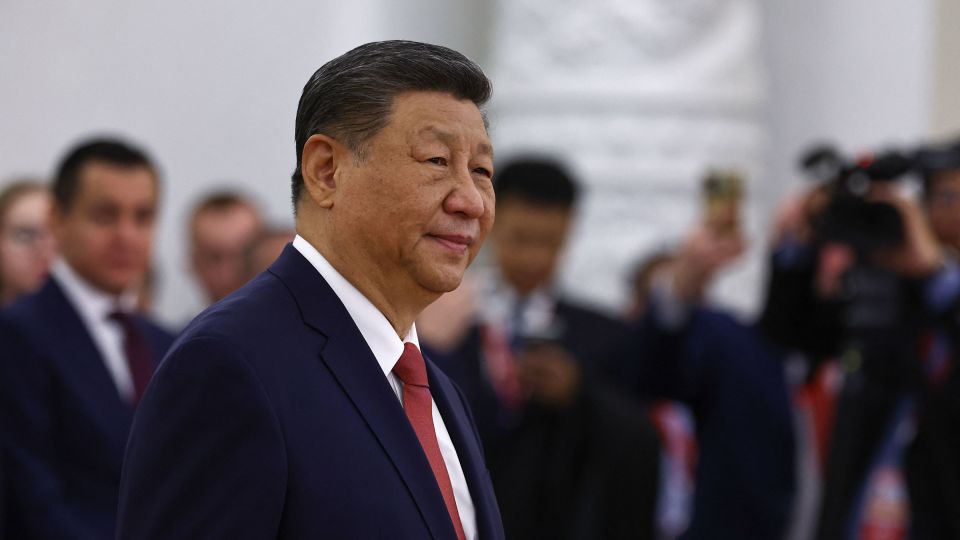Chinese President Xi Jinping will not attend the BRICS leaders’ summit in Rio de Janeiro on July 6–7—the first time he’ll miss the annual gathering since taking office in 2012. Instead, Premier Li Qiang will represent China, with Beijing citing scheduling conflicts.

At the same time, Russian President Vladimir Putin will also be absent in person, joining remotely due to an arrest warrant from the International Criminal Court (ICC). Brazil, as an ICC signatory, can’t offer him legal immunity.
Why Xi decided to stay home
Analysts agree that Xi’s exclusion reflects a shifting focus toward pressing domestic priorities—managing China’s sluggish economy and preparing for a pivotal political congress later this year. Some also suggest that China may view this summit as unlikely to yield major breakthroughs, amid BRICS’s growing membership and internal divisions.

BRICS at a crossroads
Originally launched in 2009 by Brazil, Russia, India, and China, the group expanded in 2024 to include South Africa, Egypt, UAE, Ethiopia, Indonesia, and Iran. This diversification has diluted ideological consistency, with growing tension between democratic and autocratic member countries.
Brazil, under President Lula da Silva, hopes to steer the summit toward consensus on reforming global financial institutions, fostering vaccine cooperation, advancing green tech, and advocating for inclusive global governance. Still, observers caution that cohesive action may remain elusive, particularly given the leadership gap caused by Xi’s and Putin’s absence.
Diplomatic friction?
A few voices speculate that Xi’s no-show might also hint at unease in Sino-Brazilian relations—some suggest tension over remarks made by Brazil’s first lady about TikTok, though Chinese officials haven’t confirmed this theory.

What it all means
China’s absence: Signifies prioritization of internal economic and political issues over global BRICS diplomacy.
Leadership void: With both China and Russia underrepresented at the top, Brazil has an opportunity—though also a challenge—to unite the expanded bloc.
BRICS dynamics: Rapid enlargement has led to a more unwieldy and ideologically fragmented group, raising questions about its ability to act as a coherent alternative to Western-led forums like the G7.




